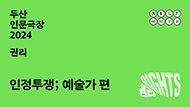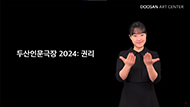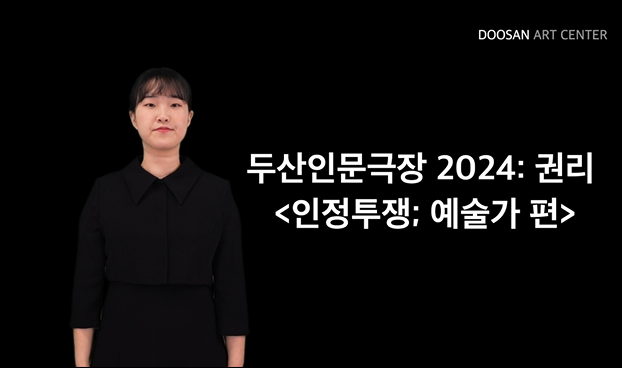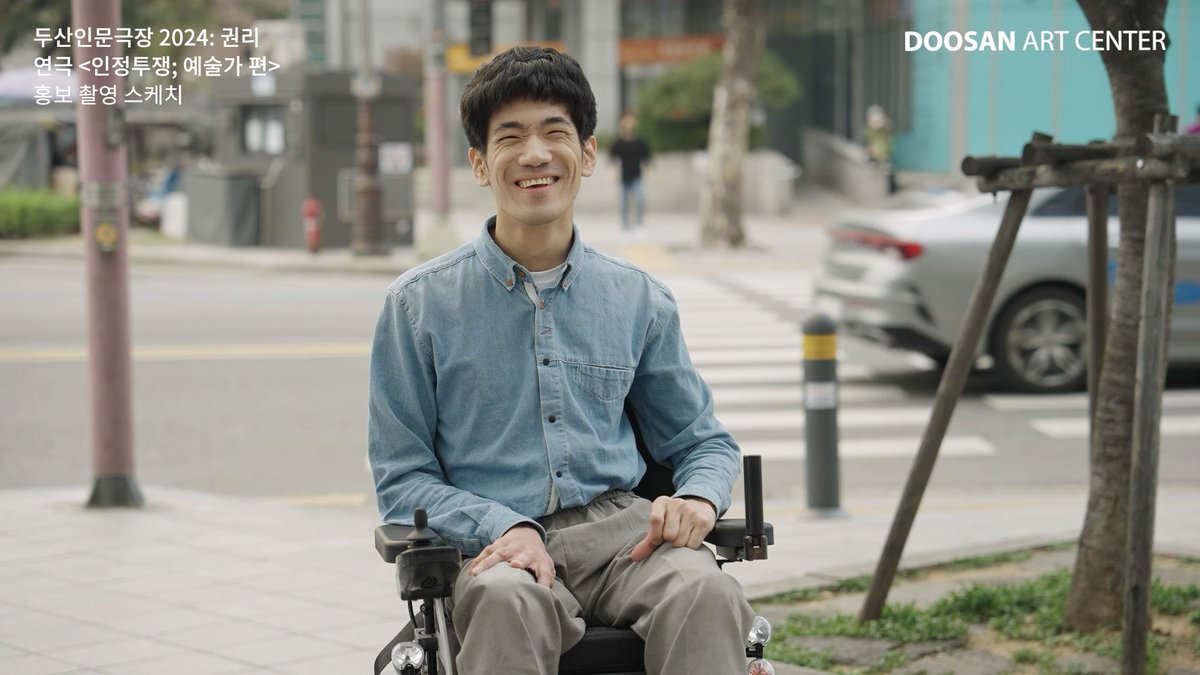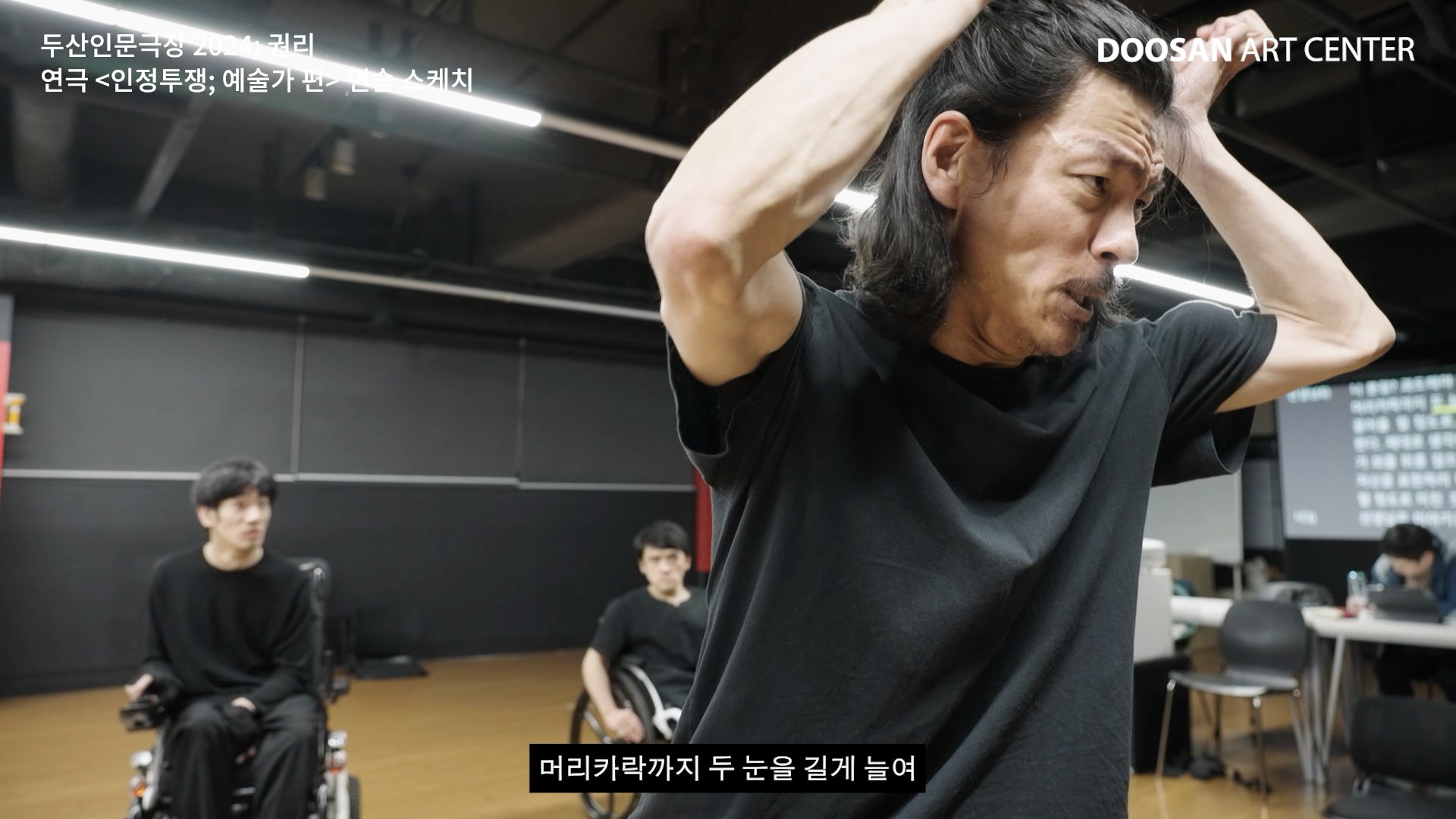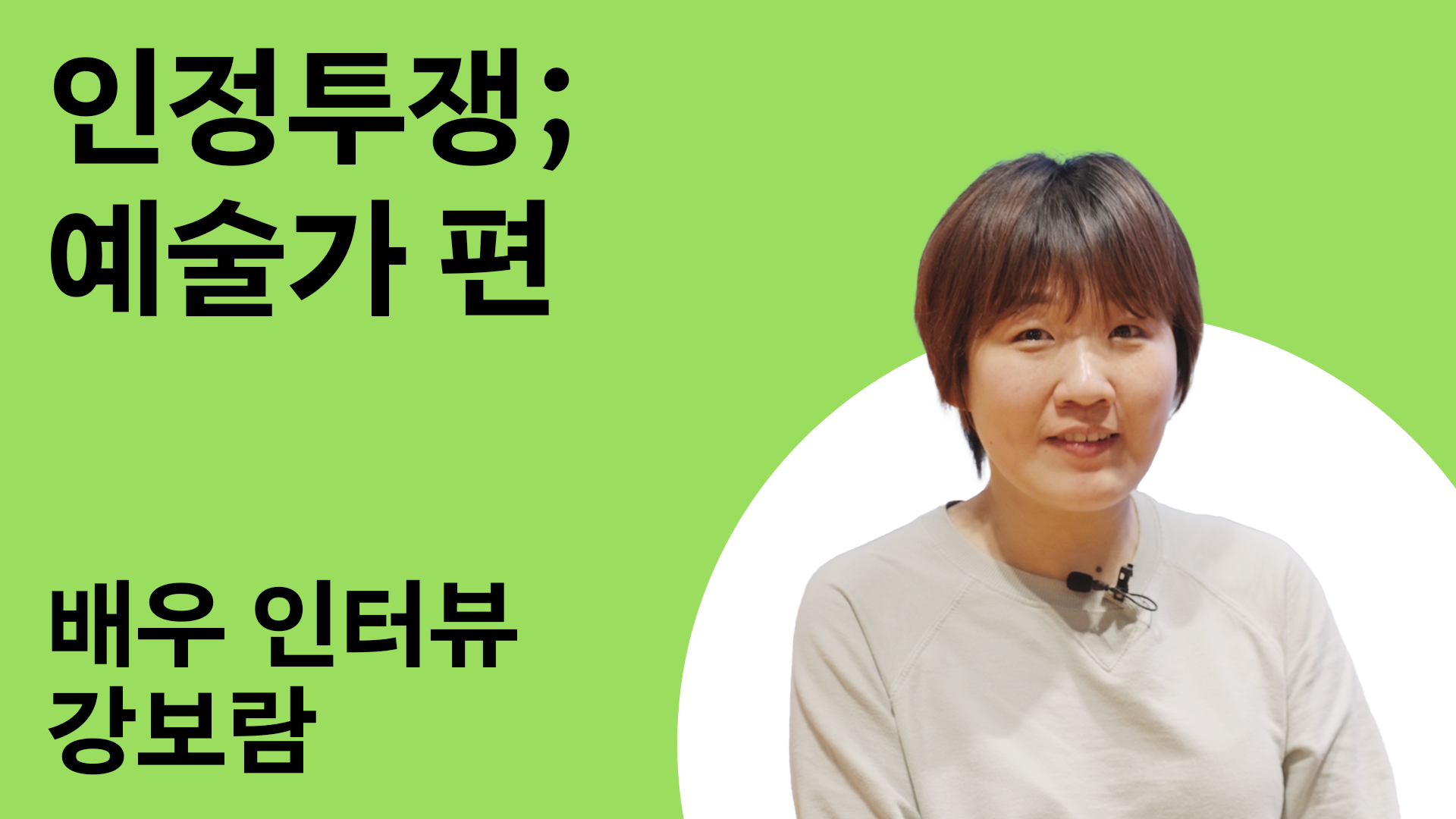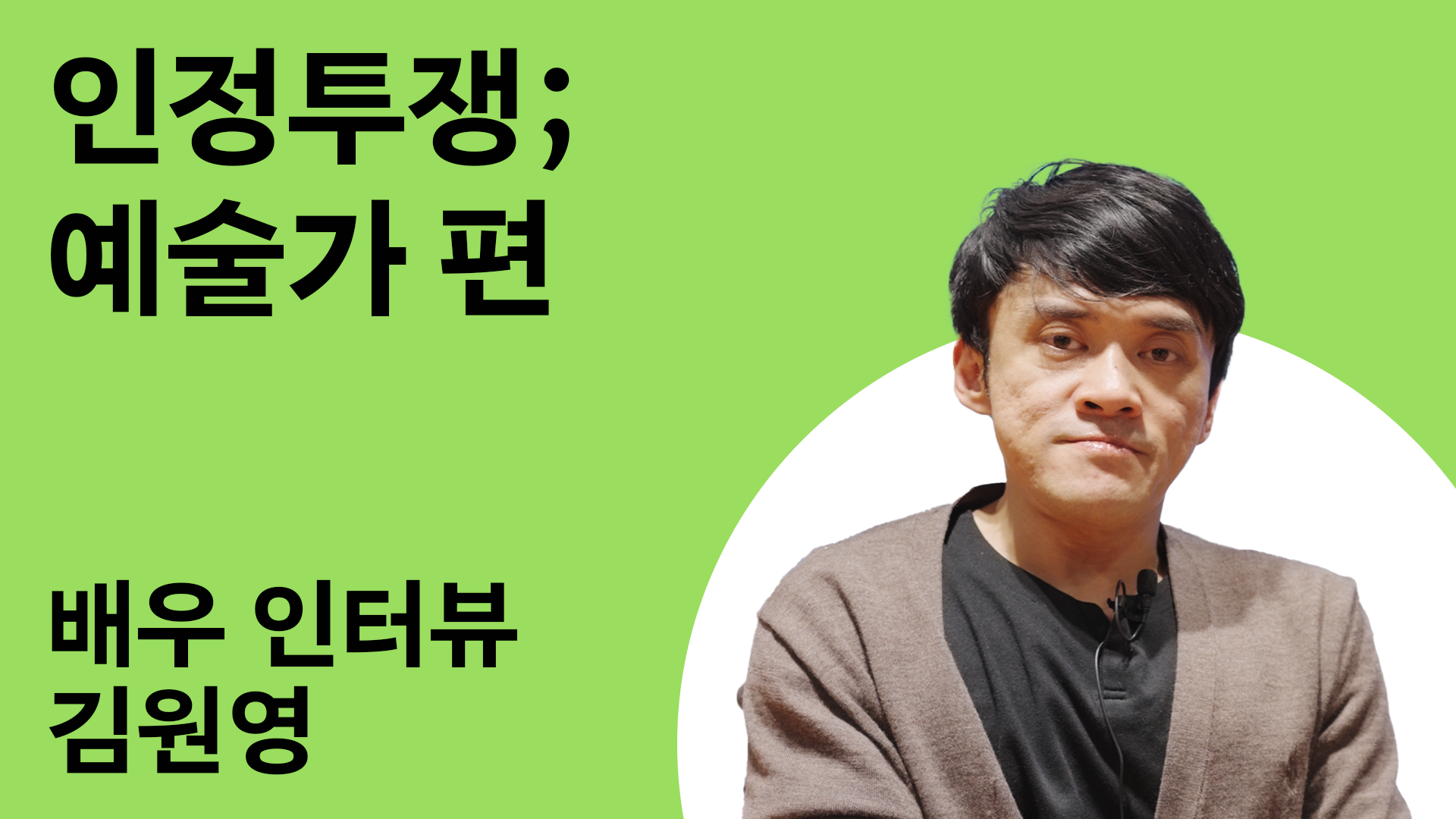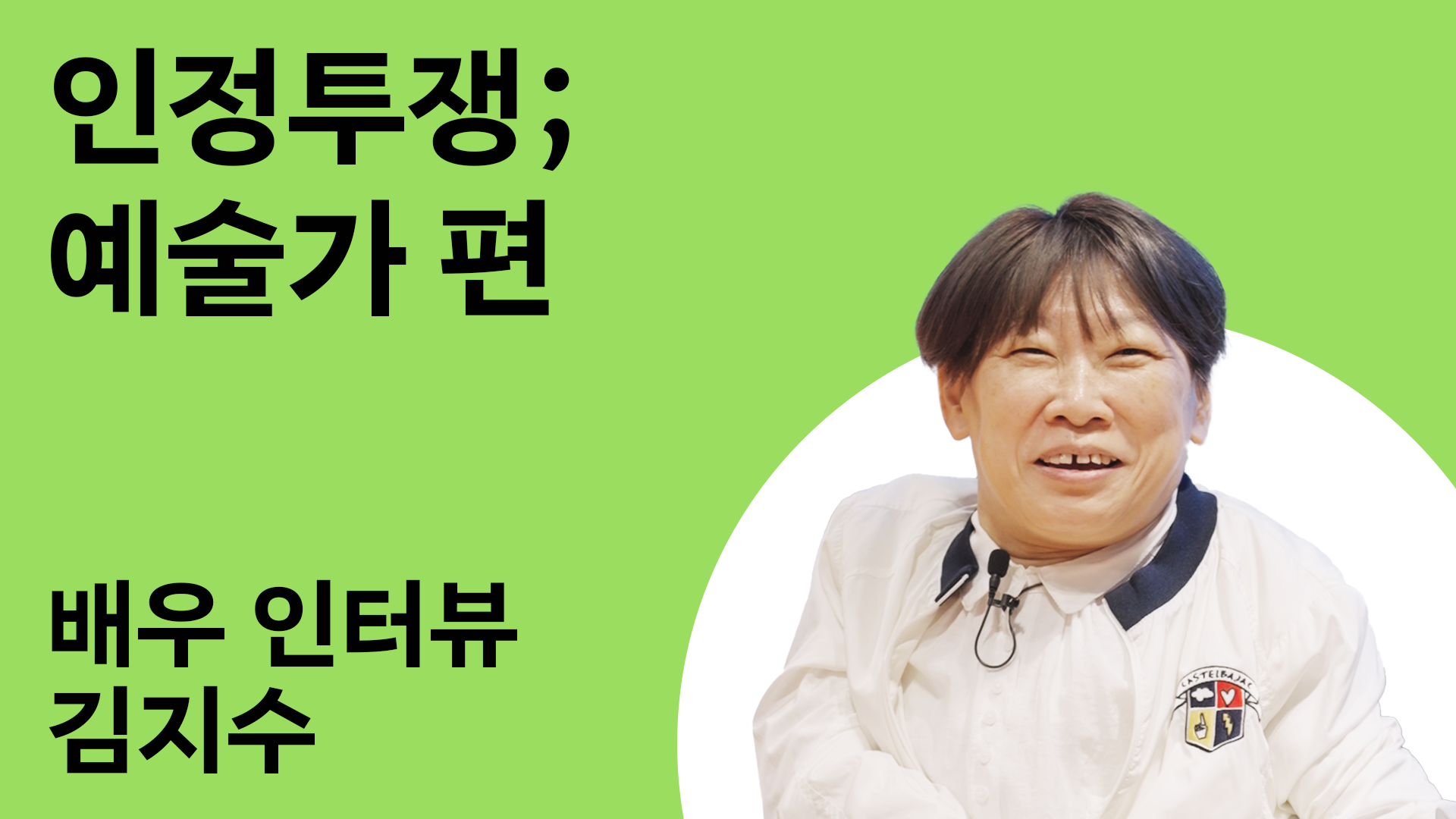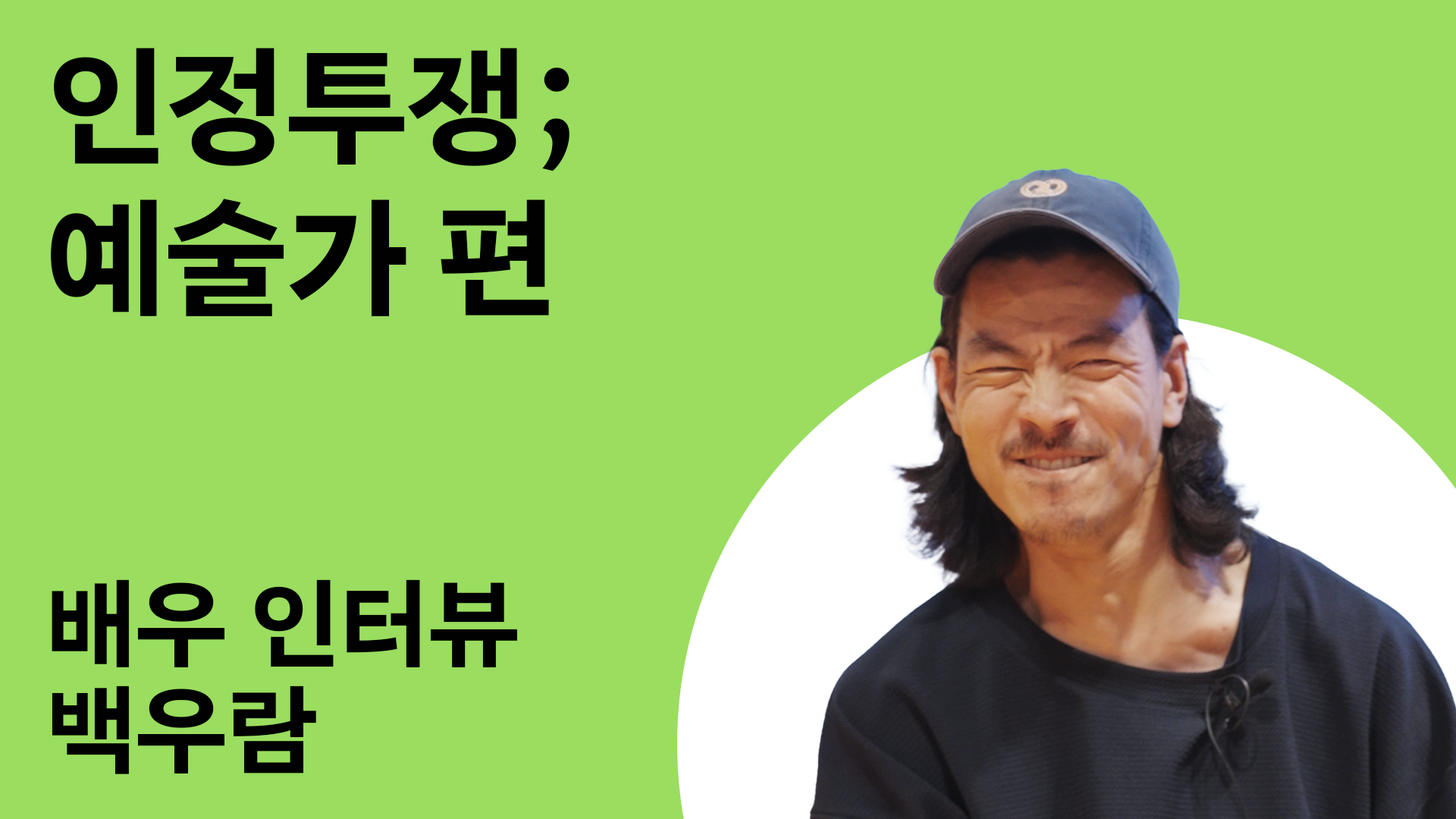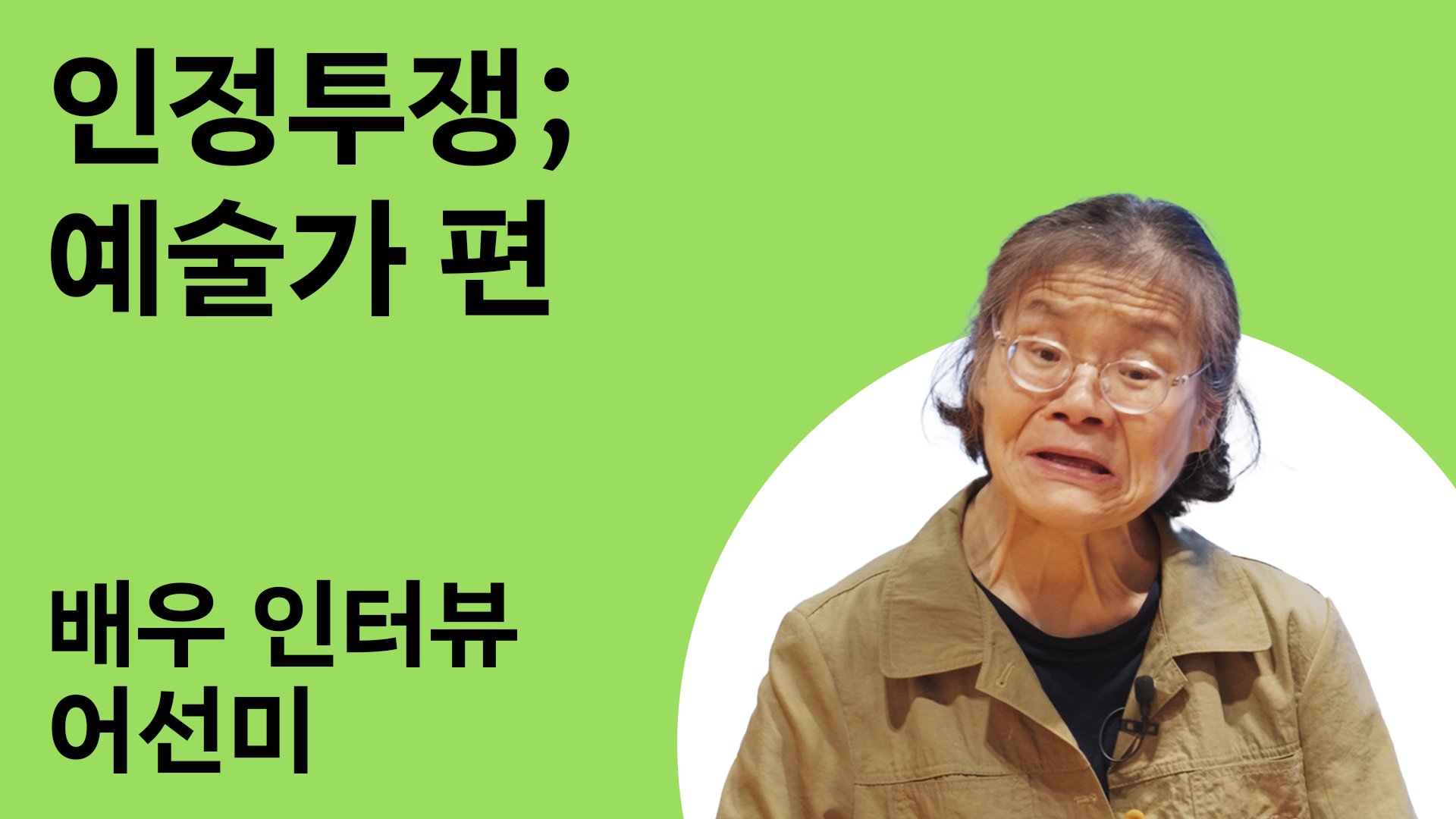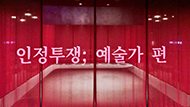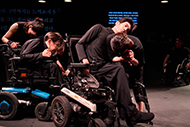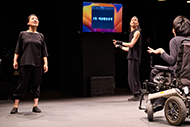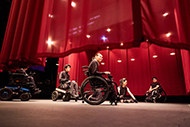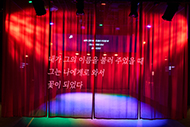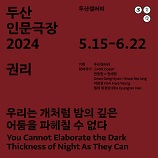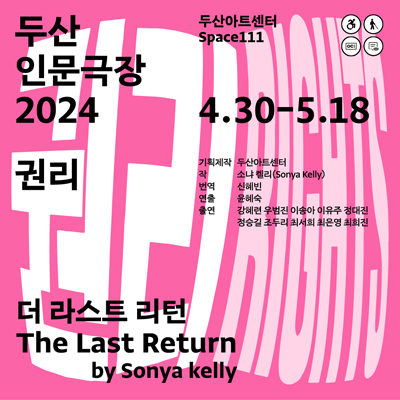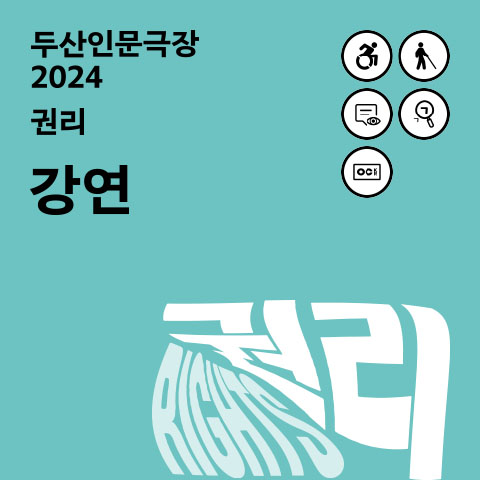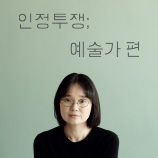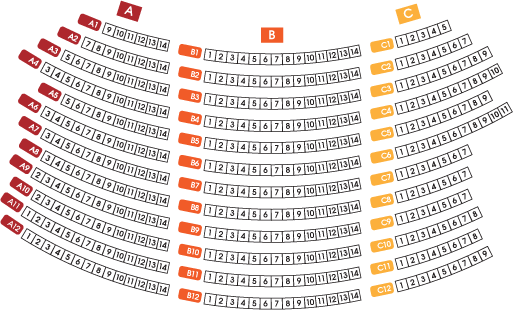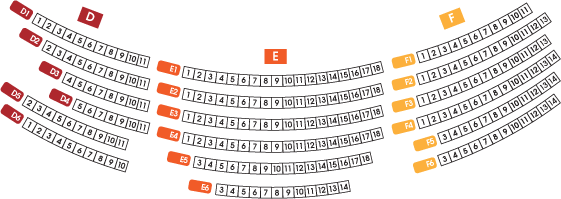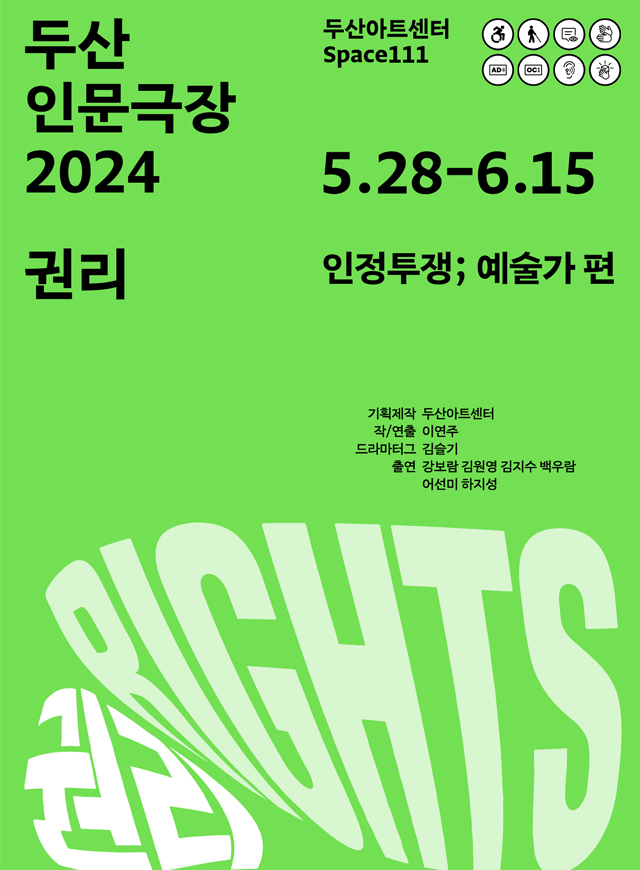
The Struggle for Recognition; Artist
DOOSAN Humanities Theater 2024: Rights
May.28.2024 ~ Jun.15.2024Space11135,000won
Over 13 age
105 min
*Artist Talk – 6.2(Sun), 6.9(Sun) after the performance
- ProgramDOOSAN Humanities Theater
- DAC Artists Lee Yeonju
DOOSAN Humanities Theater 2024: Rights
DOOSAN Humanities Theater brings together sociological, humanities and artistic imagination on humans and society. Each year, a theme is selected to be discussed in a variety of ways, including performances, exhibitions, lectures, and artist talks.
Past subjects include ‘Big History’, ‘The Age of Distrust’, ‘Exception, Mutation, or Abnormality on the Borders’, ‘New Imagination on the Extended Territory’, ‘Conflict’, ‘Altruist’, ‘Apartment Nation’, ‘FOOD’, ‘Fairness’, ‘Age’. The theme for 2024 is “Rights”.
Rights
“As to exposing or rearing the children born, let there be a law that no deformed child shall be reared.”
- Aristotle, Politics
The general premise regarding human rights is that they are "attached" or "inherent" to us from birth. Even a child with anencephaly should not be subjected to murder or abuse. We abhor the idea that a child could be born into slavery before being able to determine their own destiny. But the concept of "rights," as obvious as it seems, is not an ancient one. Where did rights come from?
Did humans and other beings originally possess rights or receive them from another subject? If rights could be traded or transferred, are there any reasons that prevent the transfer of rights to non-human beings, such as animals, robots, and rocks?
In reality, history has generally moved in the direction of people without rights coming to possess rights. In ancient Greece, those who possessed rights were male citizens. Over time, enslaved people gained freedom and women recovered their rights. Time tends to flow in a way that respects the rights of the minority. The number of people with rights is ever increasing, but the desires of these people are also accelerating the end of the Earth’s time.
Ironically, it is the collective desires of humans who have regained their “rights” that are tilting the climate off its axis and triggering changes. Purely asserting the rights of humans has generated a sense of crisis about the potential extinction of humanity, raising questions about whether entities other than humans have any rights at all. There is a growing recognition that the rights of animals, plants, and artificial creations and objects must first be considered before humans take action.
Rights are often the product of struggle. The expansion of rights is a process of sharing, which inevitably triggers conflict. However, the conclusion must always be harmony and peace. Humans engage in complicated fights to expand these rights to non-human entities; an expansion that must take place because it is the only way for humans with rights to live with each other. The reason humans must focus on the non-human in the Anthropocene is that humans can only save the Earth when they share their rights.
The Struggle for Recognition; Artist
The Struggle for Recognition: Artist depicts the mutual relationship between one’s existence and the world through artists struggling to prove their own existence to themselves and others. Winner of the 2019 DOOSAN Yonkang Arts Awards, the play explores the interactions between stage and audience, stage and stage, and audience and audience through questions and reflections that unfold as characters enter.
This year marks the work’s return to the stage as part of DOOSAN Humanities Theater. The struggle for recognition is a concept that emphasizes mutuality while finding the cause of social struggles and conflicts. Respecting someone involves respecting their rights. The struggles of artists who have lost self-respect, due to denial of their existence and rights as artists, reveal how they might form relationships to gain recognition and reclaim said rights.

